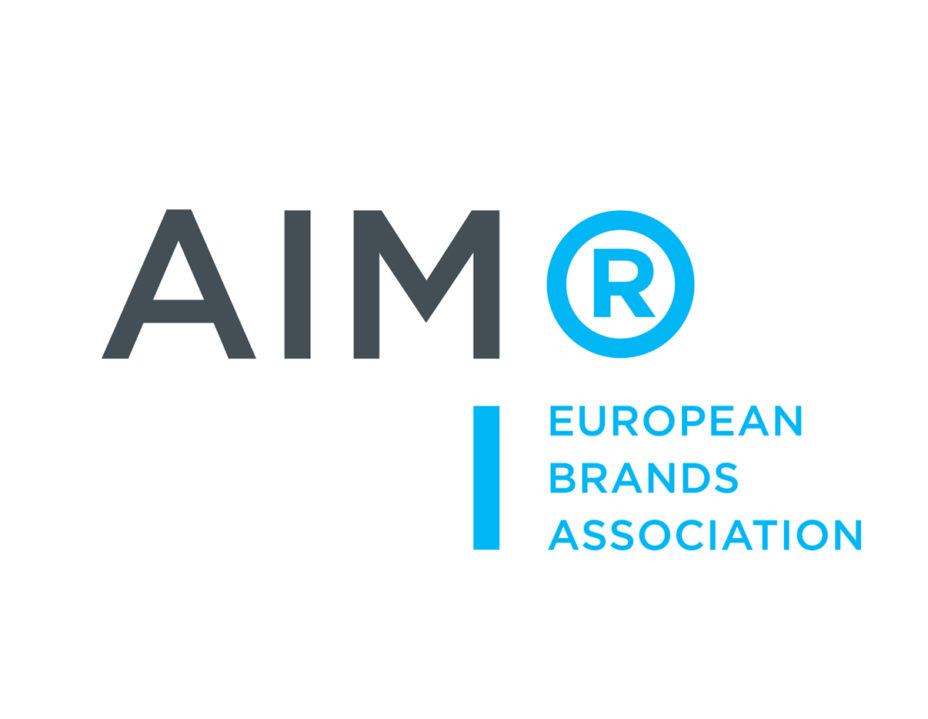
News & positions
EU Commission study on retail market concludes “no hard or documentary” evidence of Territorial Supply Constraints
PRESS RELEASE – The European Commission’s study on the Single Market in the retail sector published today concludes that “there is no hard or documentary evidence available” on the use of territorial supply constraints i.e. such as refusals to supply or quantitative restrictions.
However, it has confirmed that large multinational retailers apply different prices to their own identical private label products in different markets. It concludes that “this could be considered price discrimination, which also puts pressure on pricing policies of branded goods manufacturers. The impacts of these pricing differences fall directly on the consumer”. The private label market represents 30% – 50% of products sold in Europe [1].
“The study does raise some questions on the substance of the TSCs issue overall”, commented Michelle Gibbons, Director General of AIM. “It states that only certain retailers with an interest in the topic participated, “which may pose a selection bias”, and indeed of the entire retail and wholesale sector, only between 5% and 20% of retailers report having been affected by TSCs. Even with that, they state “the prevalence of TSCs could be more limited than what the survey or interview results suggest”. This is why the Luxembourg Competition Authority last year rejected retailer claims of alleged TSCs as relying on ‘perceptions and feelings’ on the issue, as opposed to facts. The retailers themselves even doubt whether if TSCs did exist and were removed, there would be any difference in consumer prices.”
The study recognises the importance of the local market, as also acknowledged in the French Competition Authority’s review [2] of the private label retail market last month, and this reflects the reality of the retail sector, which itself states they “purchase 80% of its products locally”. Branded goods manufacturers have always highlighted that responding to consumer preference and needs is paramount. The significance of local supply has of course been underlined with the Covid19 crisis. It also recognises the nature of local market competition, and that indeed our industry is structured on local markets primarily, as opposed to one market.
The Commission’s initiative sets out to analyse and assess the barriers to the Single Market in the retail sector. The study concludes that whilst differences in products or prices are due to local, regional or national situations, particularly differences in regulatory and labelling law obligations, there is no hard or documentary evidence of TSCs.
Branded goods manufacturers place consumers at the centre of all decision-making and provide safe, innovative and diverse products to Europe’s 500 million consumers on a daily basis. Operating businesses in a dynamic and highly competitive consumer goods market, brands must deliver to consumer expectations, taking into account local and national market preferences, traditions, culture and laws, and in alignment with the EU’s competition law framework and in support of the EU’s Single Market goals.
[1] https://www.plmainternational.com/fr/industry-news/private-label-today
[2] https://www.autoritedelaconcurrence.fr/sites/default/files/integral_texts/2020-10/20d13.pdf pg 671
Contact
Eva Schneider • Tel: +32 2 736 03 05 • Email: eva.schneider@aim.be

